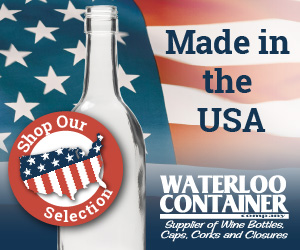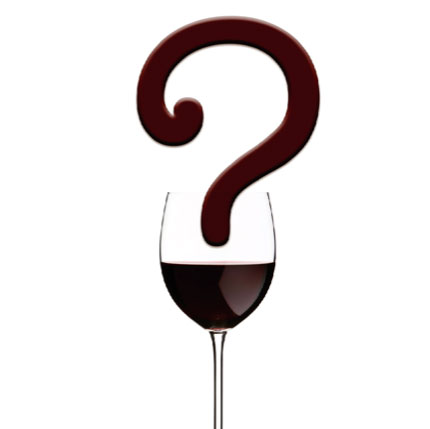Can I use my copper immersion wort chiller from brewing with my mead or other wines?
Q: I made homebrewed beer for a long time, but during the last couple of years I have gravitated more towards making wine and mead. I know that it’s safe to use a copper coiled immersion wort chiller when making beer, but I was wondering if it’s safe to use one in boiled or pasteurized mead, wine, and other improvised brews in which the acid level is much higher than beer. I’m wondering if there is any danger of leaching too much copper and making a toxic or bad-tasting kind of strange brew?
— Rick Dingus • Lubbock, Texas
A: As I tend to think towards the experimental but also towards the cautious, let me answer your question with a warning, a suggestion, and a reality check. First, the warning: As copper is one of the more toxic heavy metals (along with lead, mercury and cadmium) that exist, it’s nothing to be trifled with. The BATF, along with other world-wide regulation boards, limits the amount of copper found in commercial wines to less than 0.5 mg/L. Copper residue (some say as little as 0.3 mg/L) can cause an instability in finished wines that manifests itself initially as a whitish haze and later as a red-brown precipitate that will show up in the bottom of corked bottles. Along with downright ugliness, copper that exceeds 1 mg/L can sometimes be sensorially detected, detracting from the aroma of the wine. At levels above 9 mg/L, the metal ions can become toxic to yeast, inhibiting alcoholic fermentation, and might also begin to be toxic to folks like you and me. My suggestion: Treat your copper tools (and the amount of copper that they may leach into your wine) with respect. Since you have absolutely no way of controlling how much copper is actually getting into your wine, it’s best to be cautious. As the Wine Wizard cannot recommend to our readers practices that might be potentially dangerous, I’m going to steer you away from using your brewing wort-chiller for winemaking. The higher acid level of juice and the higher alcohol content of any wines you might be cooling would certainly cause more copper to come out of solution than would be leached into your typical wort.
And here’s the reality check: People do use copper for various reasons in winemaking. The 0.5 mg/L deemed acceptable by the BATF can come from a variety of sources. Some vineyards employ sprays that contain copper — it’s toxic to fungi and microbes and therefore seems (unfortunately) to be a good idea to some viticulturalists. If the spray is applied too close to picking, exceedingly high levels may appear in the resulting wines. In Bordeaux, egg whites used for fining are still hand-whisked in copper bowls. Some commercial wineries also have a small number of bronze winery fittings (such as hose connectors, catch basins, etc.) that feed a small amount of copper into their wines in hopes of heading off a hydrogen sulfide or mercaptan spoilage scenario. During fermentation, sometimes yeast can produce these stinky sulfurous compounds that can make a wine objectionable.
Direct contact with copper-containing metal objects or direct addition of copper-containing agents (like cupric sulfate) will change the chemical make-up of the stinky sulfur-containing compounds to make them less offensive. Addition of 4 g of cupric sulfate per 1,000 gallons of wine will raise the copper content by 0.2 mg/L (as ionic copper). Before cupric sulfate was commercially available to winemakers, vintners used the “direct contact” method for hundreds of years with varying degrees of success.
Exposing your wine to copper fittings (or copper cooling coils) may remove sulfur compounds that cause stinkiness, but it’s difficult to tell how much contact time is needed— or how much contact time is too much. This is the other side of the reality check. Since you can never really know how much copper is being leached into your wine, it’s wise to come up with another safer and more predictable way to cool your juices and wine.


